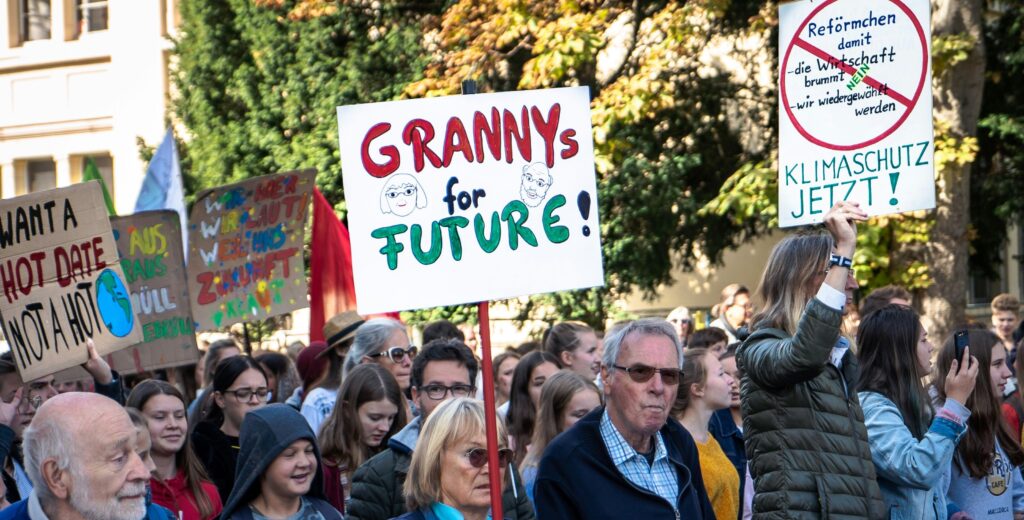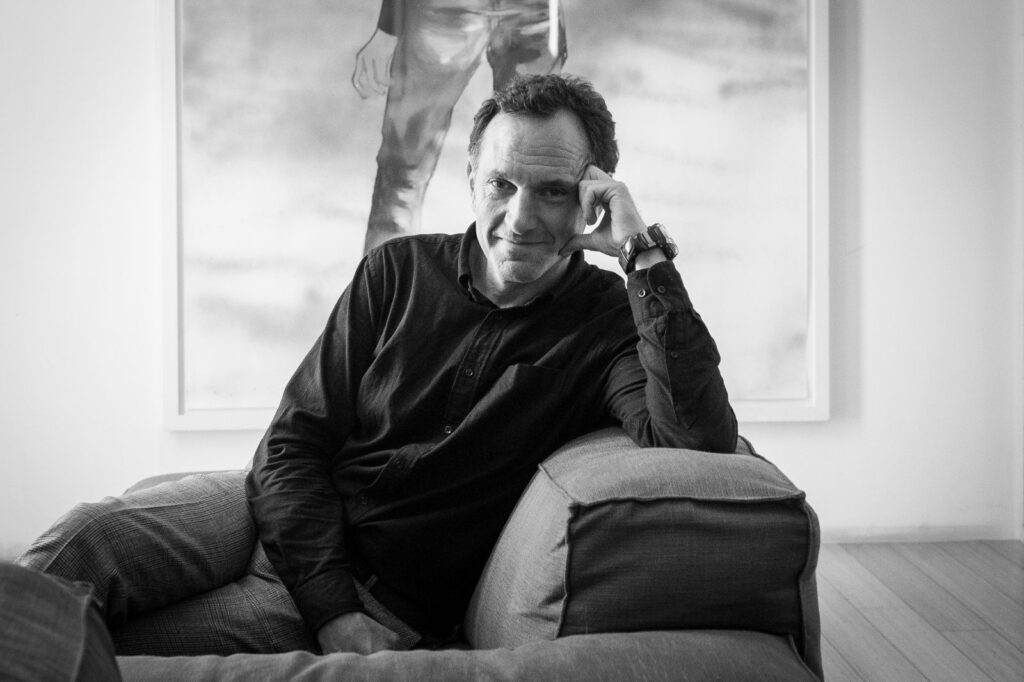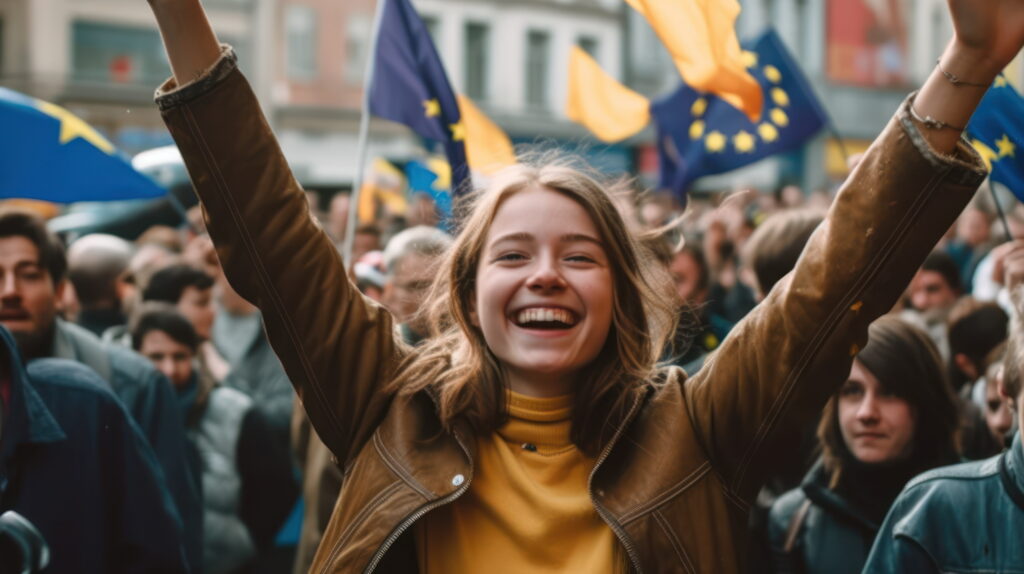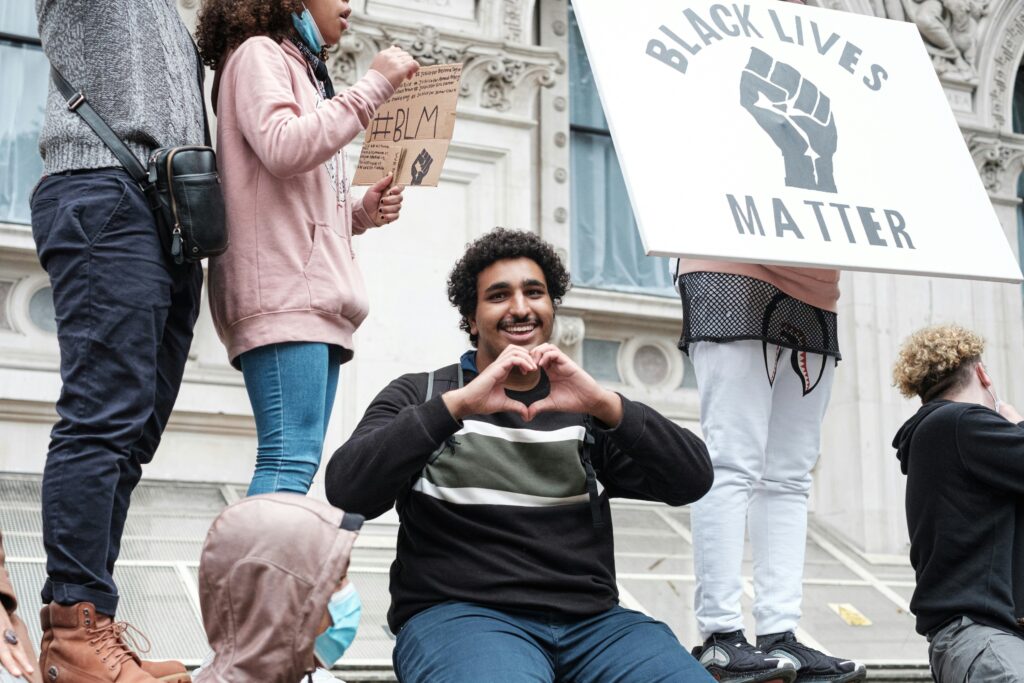The liberal economist Milton Friedman noted in 1982 that “Only a crisis – real or perceived – produces real change. When that crisis occurs, the actions taken depend on the ideas that are lying around.” The Covid-19 crisis reveals two other truths: the changes that will endure after this period of containment will also depend on the ideas available, and the survival of those ideas will require an iron will.
The coronavirus affects us all individually and raises a host of societal issues of all kinds, such as the role of the State in the economy, health and security; the values of solidarity and equity between territories, countries, professions and generations; children’s education; urban pollution; and the relative effectiveness of democratic versus authoritarian regimes. How can we deal with this upheaval the day after, when containment is lifted? And how can we ensure, to quote Winston Churchill, that no crisis is wasted?
I’m not sure we’ll show any social resilience
Will “nothing will ever be the same again”? Are we going to massively re-localise our food production, invest resolutely in health and education, rethink solidarity between generations and countries, and resolutely embark on the ecological and social transition? Probably not!
It’s easy to see how old habits will quickly take over again. The sub-prime crisis has not transformed the global economic system. The eruption of Eyjafjöll in 2010 did not call into question our greed for air travel. Solidarity with police forces after the attacks in 2015 has not taken hold for long. Good habits die hard and there is a gap between emotional intentions and lasting change.
Worse still, some see the crisis as an opportunity to attack our social institutions and protections. Naomi Klein warns of the risk of a “coronavirus capitalism“: “Thirteen years ago”, she explains, “I wrote a book called The Shock Doctrine: The Rise of Disaster Capitalism, which described a brutal and recurrent tactic of right-wing governments. After a shocking event – a war, coup, terrorist attack, stock market crash or natural disaster – they exploit the public’s disorientation, suspend democracy, push through radical free market policies that enrich the 1% at the expense of the poor and middle class.”
This, she denounces, is what Donald Trump is doing these days. While Hungarian Prime Minister Viktor Orbán is using the pandemic to accumulate more power by introducing emergency measures at the expense of Parliament. Israeli Prime Minister Benjamin Netanyahu did the same last week.
Neuropsychiatrist Boris Cyrulnik warns us that “if we want things not to go back to the way they were, we’re going to have to put up a fight” against the politicians who want to get things moving again as quickly as possible. The promise of a better tomorrow after the current surge of solidarity will depend on those who aspire to a change in society. We are going to have to demonstrate social resilience, i.e. the ability shared by individuals and communities to bounce back by learning from their experiences.
Among the ideas available for doing this is the recent, but fragile, drive towards a more ‘deliberative’ democracy. “Democratic societies build resilience by engaging their citizens, because that’s the way to build consensus and generate new ideas that work,” says Roger Casale of Europe’s People’s Forum, who denounces the fact that EU governments are scaling back their ambition to consult citizens as part of the Conference on the Future of Europe, called for by European Commission President Ursula von der Leyen, because of the current situation.
In the same spirit, the Citizens’ Convention on Climate Change will certainly finish its work one day, but wouldn’t it also be in the government’s interest to get back to work on the difficult issue of pension reform by inviting a Citizens’ Convention on the subject, taking advantage of the hindsight that this period will have provided, perhaps also to extend it to the issue of care for the elderly?
What if all the municipalities, regions and countries of Europe, citizens and public authorities were to organise deliberative meetings to gather together the lessons learned and the good ideas that will have emerged from this ordeal to help us live together better?
Overcoming immunity to change
The problem is that we are all incredibly resistant to permanent change. Even when it’s a matter of life and death. “If cardiologists,” reports Harvard psychologist Robert Kagan, “tell their severely at-risk heart patients that they will die, literally, if they don’t change their lifestyle, in terms of diet, exercise, smoking, etc., it turns out that only one in seven patients actually makes those changes.”
Because, explains Kagan, our individual and collective survival systems are constantly building all sorts of ‘change immunity’ mechanisms to protect us from our deepest contradictions and fears. Because, behind our intentions, we all have an interest in the status quo, however imperfect it may be. Like a heart patient who doesn’t want to see himself ill and therefore unconsciously refuses treatment.
Collective deliberation will be beneficial in learning the individual and collective lessons of this crisis. More generally, any extension of the field of collective deliberation would in itself be a positive form of resilience. But this will only lead to new sustainable practices if we take the opportunity to ask ourselves the real questions: why are we so afraid of questioning our systems of solidarity, production and consumption? What interest do any of us have in clinging to the imperfections of our current lifestyles?
If we are to emerge from this crisis on top, from the very next day onwards, we need to work on all our immunities, by asking ourselves the real questions.
Article originally published on LaLibre.be




